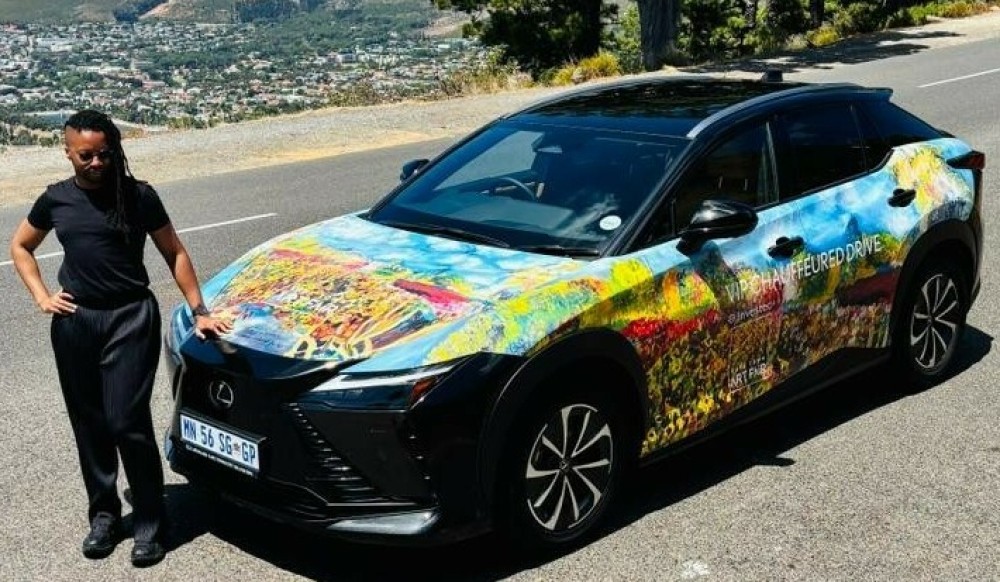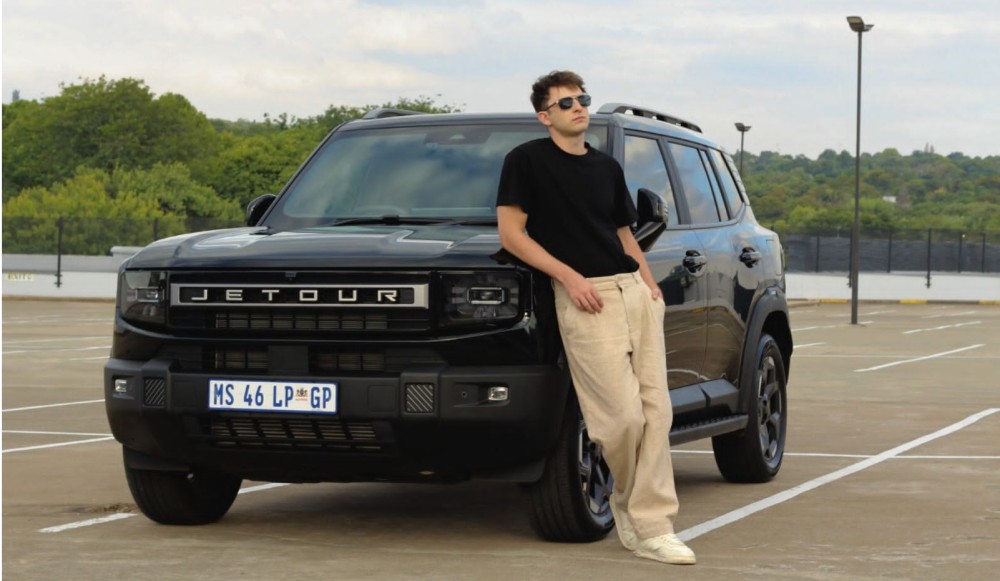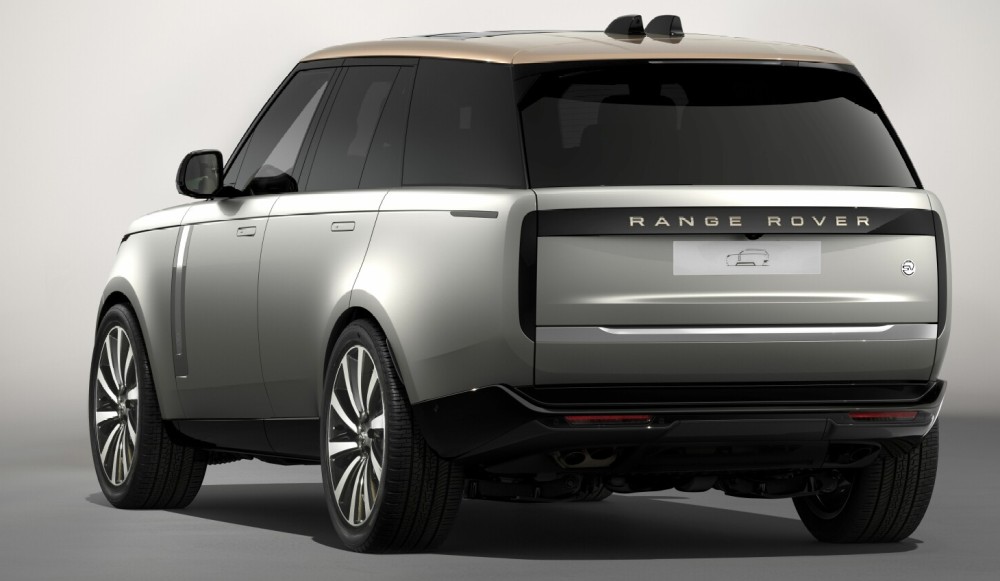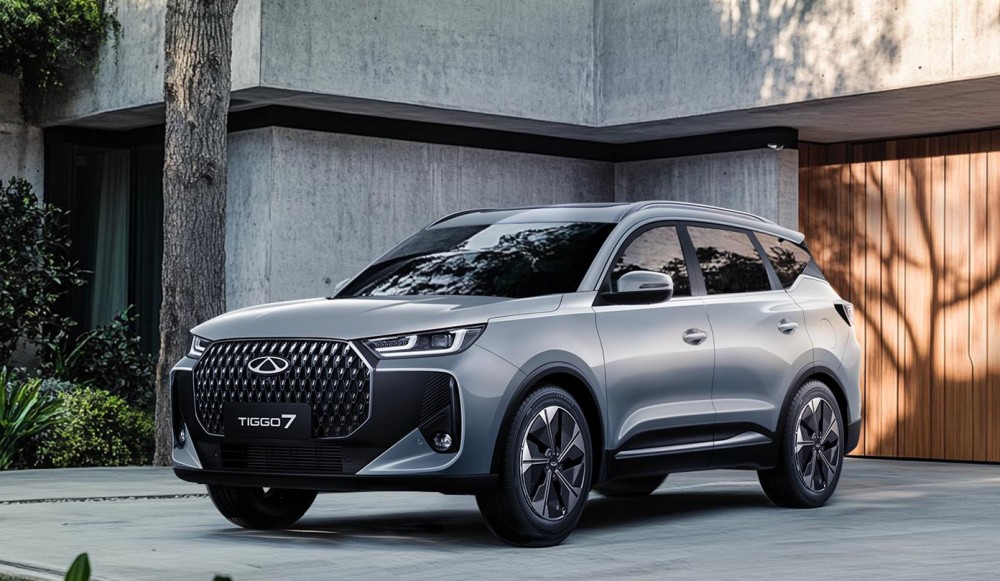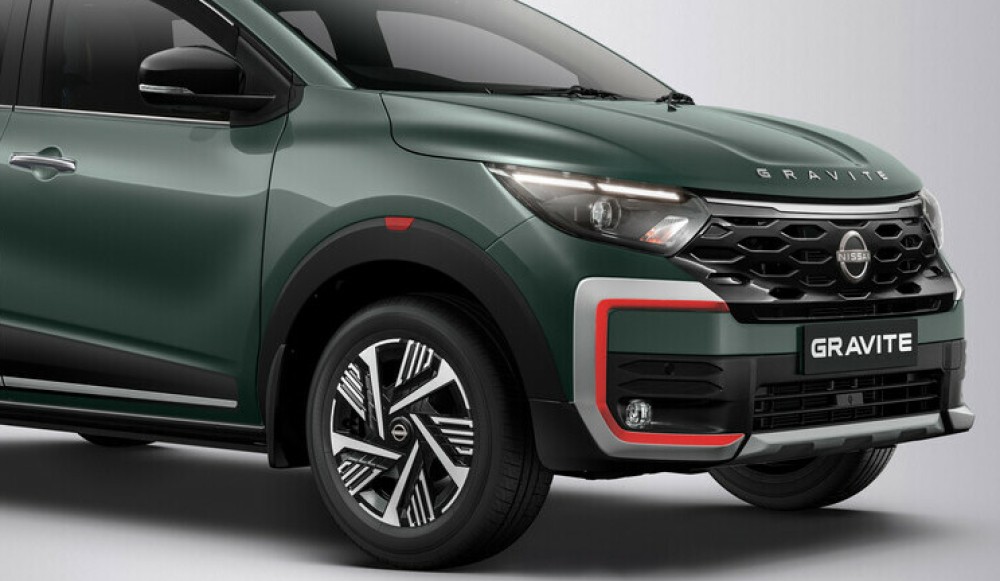For more than a decade, the Toyota Hilux has dominated South Africa’s light commercial vehicle (LCV) market, consistently outperforming rivals in sales, retaining value and cementing its reputation as a rugged, reliable workhorse - and was top of the pops in February.
The Hilux’s sales supremacy is well-documented. According to Naamsa (South Africa’s automotive business council), the Hilux claimed the title of the country’s best-selling vehicle overall for six consecutive years until 2022, a rare feat for an LCV. In 2023, it remained the top-selling bakkie (pickup), with somer 37 000 units sold — nearly double the figures of its closest competitor, the Ford Ranger (approximately 19 000 units), while rivals such as the Isuzu D-Max and Nissan NP200 trailed further, underscoring the Hilux’s unmatched market penetration.

Toyota Hilux circa 2012
We have a premium listing of nearly-new Toyota Hilux models to choose from - click here
This dominance is not recent. Between 2016 and 2022, the Hilux accounted for roughly 25%–30% of all LCV sales annually. Its consistency reflects Toyota’s strategic alignment with South African buyer preferences, particularly the demand for dual-purpose vehicles suited to both commercial workloads and family use.
In February it was again the top selling LCV and Senior Vice President for Sales and Marketing at Toyota South Africa, Leon Theron, said: “We are pleased to have maintained pole position within the Passenger, LCV and MCV segments. Toyota’s industry leadership is reflective of the hard work and commitment of our Toyota family: employees, dealers, suppliers and customers. We are hopeful that this supportive environment will continue to enable us to provide suitable mobility needs to our customers.”
While not the cheapest in its category, the Hilux’s pricing structure balances affordability with perceived quality. Entry-level Hilux models, such as the 2,0-litre petrol Workhorse variant, start at approximately ZAR 361 700, positioning it slightly above budget-focused rivals like the Mahindra Pik Up 2.2CRDe single cab 4x4 S4 at R325 999. However, mid-range diesel models — favoured for their torque and fuel efficiency — compete directly with premium offerings like the Ford Ranger, which starts at R480 000.
Need finance – click here for the very best finance deals for your new car
Toyota’s strategy targets multiple market segments. Fleet buyers prioritise the cost-effective Workhorse, while higher-spec models (e.g., the Legend RS) cater to private buyers seeking advanced features like leather upholstery and touchscreen infotainment. This tiered approach ensures broad appeal, reinforced by flexible financing options through Toyota Financial Services.
The Hilux’s superior resale value further solidifies its appeal. Data from TransUnion Auto’s 2023 Vehicle Pricing Guide indicates that a three-year-old Hilux retains around 70%–75% of its original value, outperforming the Ford Ranger (60%–65%) and Isuzu D-Max (65%–70%). This low depreciation translates to lower total cost of ownership — a critical consideration for businesses and individual buyers alike.
Factors driving this resilience include Toyota’s reputation for reliability, extensive dealer network and parts availability. In a market where vehicle longevity is paramount, the Hilux’s proven durability in harsh conditions—from urban potholes to rural off-road terrain — assures second-hand buyers of its robustness, sustaining demand in the used market.
South Africa’s diverse geography and infrastructure challenges necessitate vehicles that withstand extreme conditions. The Hilux’s reinforced chassis, high ground clearance, and choice of durable diesel engines (notably the 2.8 GD-6) have earned it a reputation as a ‘go-anywhere’ vehicle. Its 3,5-tonne braked towing capacity and 1-tonne payload further enhance its utility for agricultural, construction and logistics sectors.
Starting or running a small business and in need of a bakkie – click here
Toyota has also adapted the Hilux to local preferences. South African-specific models include enhanced suspension systems and all-weather tyres, addressing the prevalence of gravel roads and uneven terrain. Such customisation, developed in collaboration with Toyota South Africa Motors (TSAM), ensures the Hilux meets precise regional needs.
Toyota’s extensive dealership network —220 service centres nationwide e— provides a significant advantage. For commercial users, minimising downtime is critical, and the availability of genuine parts and trained technicians across urban and rural areas ensures prompt maintenance. TSAM’s service plans, often included at purchase, offer additional peace of mind, contrasting with rivals’ more limited networks.
Beyond practicality, the Hilux benefits from deep-rooted brand loyalty. In a country where bakkies symbolise both utility and aspirational living, the Hilux’s association with reliability has become cultural shorthand for trustworthiness. Its popularity among South Africa’s farming communities and urban professionals alike reflects its dual identity as a utilitarian tool and lifestyle vehicle — evident in marketing campaigns emphasising adventure and family use.
The Toyota Hilux’s dominance in South Africa is no accident. Strategic pricing, exceptional resale value, and relentless focus on durability have made it the default choice for buyers seeking long-term value. Its adaptability to diverse needs—from rugged worksite companion to suburban family car—underscores its unique positioning in a competitive market.
While rivals like the Ford Ranger and Isuzu D-Max offer compelling alternatives, they have yet to match the Hilux’s holistic appeal. As long as Toyota continues prioritising localised engineering, accessible servicing, and model diversification, the Hilux is poised to remain South Africa’s favourite light commercial vehicle — a testament to its unparalleled blend of resilience and relevance.
Colin Windell for Colin-on-Cars in association with
proudly ALL THINGS MOTORING


